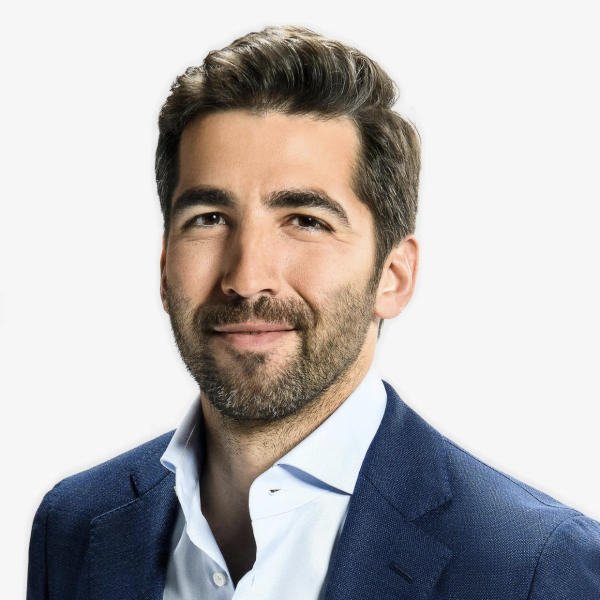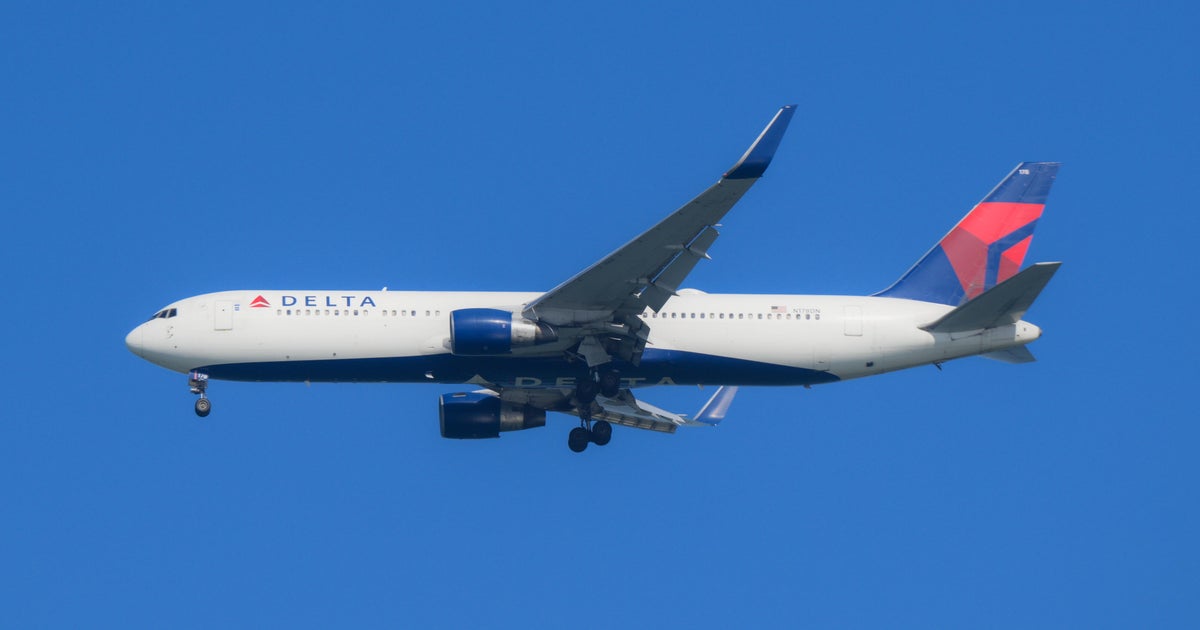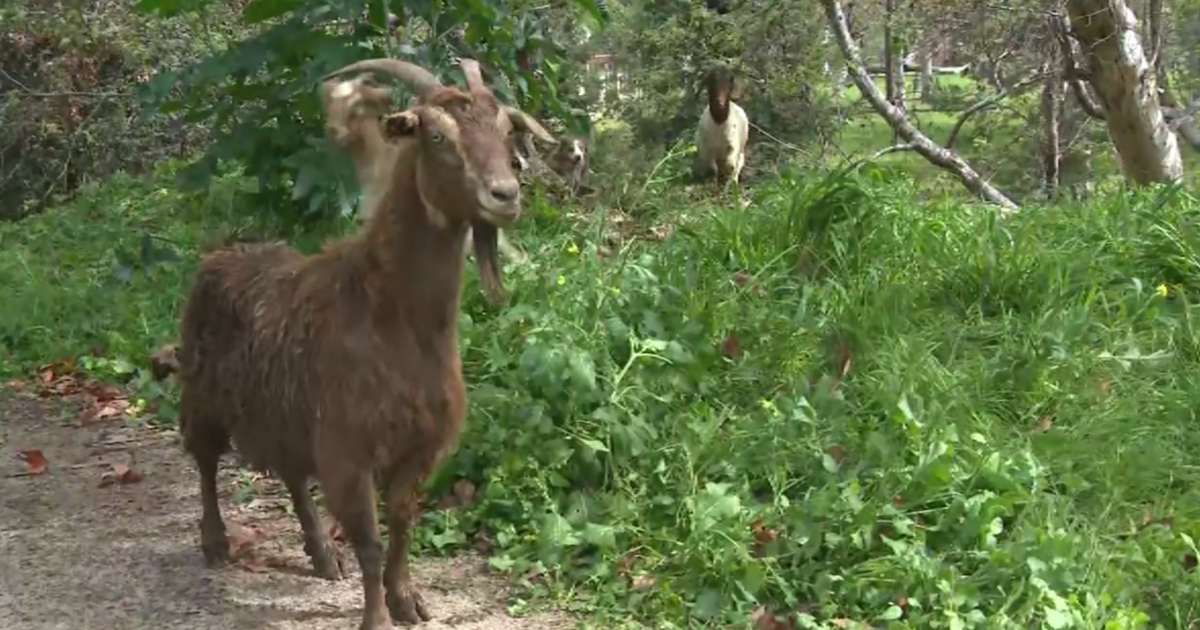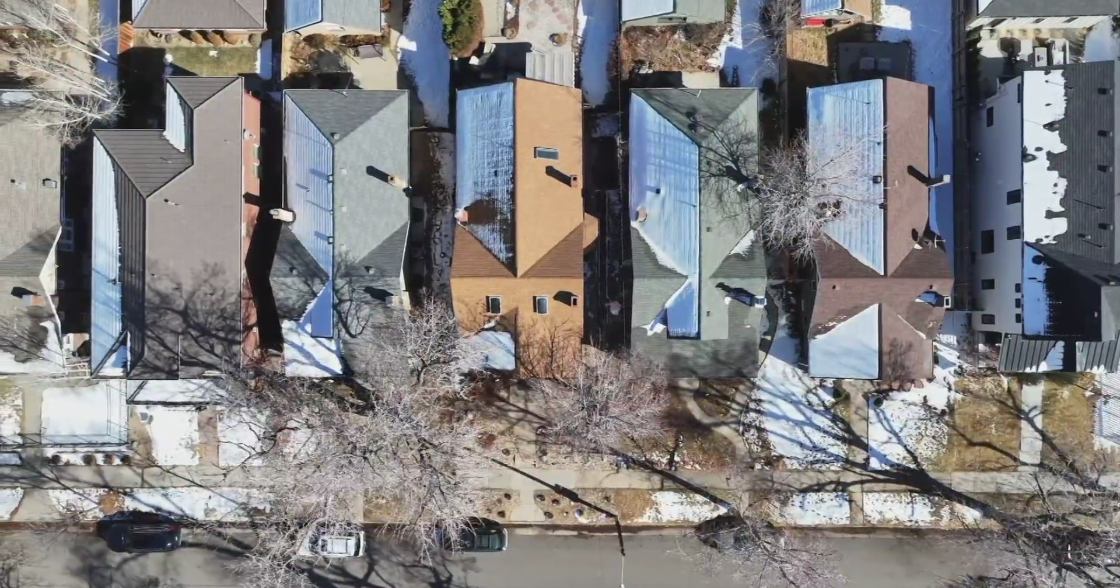Maui fire survivor "blindly headed" toward Lahaina blaze: "Fear and panic that I have never experienced before"
As the Maui wildfires were spreading, hotel manager Kawena Kahula said she "blindly headed" toward the town of Lahaina in a desperate search for her family. Without any cellphone reception, she wasn't able to call her son at football practice or her husband, and she didn't get any warnings from authorities that the fire was bearing down.
"It was a kind of fear and panic that I have never experienced before in my life," she told CBS News in an interview Tuesday.
In bumper-to-bumper traffic, Kahula saw a man on a motorcycle with three children pull over and warn the driver ahead of her. "If you continue to head into Lahaina, you're not gonna make it out alive," she says the man told the other driver.
In the transcript below, Kawena Kahula tells her story in her own words. (The interview has been lightly edited for clarity).
I was at work, driving into work that day. We knew that that side of town had no power. We knew that there was high winds, nothing about a fire until, I can't even remember, maybe after 1 p.m. or so.
At work, our initial thoughts are how we're gonna keep the guests safe, do we need to evacuate, and what is the safest way do we evacuate, how much time do we have to get out?
I tried twice but was unsuccessful. The first time I tried, there was a lot of cars on the road and I got maybe about five, 10 minutes down from the hotel I worked at, and just out of panic and fear, I said, you know what, this is wrong. I gotta get off the road, let me get back out, let me get back to the hotel. I need (cellphone) reception. I jumped on the road initially because I was desperate to find reception because I had no way of contacting my son and my husband to let them know where I was, more importantly to make sure that they were OK too.
It was a kind of fear and panic that I have never experienced before in my life.
The second time I got on the road, it was a desperate attempt to make sure that someone picked my son up from football practice. It was already after 6 o'clock, and practice finished at 6, and the last thing that I did before my reception cut off was letting the people asking me if he needed a ride, letting them know that I had taken care of it and I was on my way out. So my fear initially was that my son was sitting alone in the dark at a park, maybe surrounded by a fire.
I continued to drive into Lahaina in hopes that the closer I got, the stronger reception I would get, maybe some notifications would start pinging on my phone. During the second time I tried to get out, bumper-to-bumper traffic, but the traffic was still moving into Lahaina, which gave me the sense of hope and security, I guess you could say, that it was safe to continue heading in that direction. ...
I didn't know. I didn't know until there was big black mushroom clouds of smoke, continuing to stack up on each other bigger and bigger.
And I got a little bit of reception, and I called my husband, and I said, "I don't think I should continue. The road is still open, but I'm not sure. I don't know. I'm scared." And then I lost reception again.
(Question: You unknowingly were heading into the danger zone?)
Willingly, unknowingly, blindly headed into the fire.
… So I sat there for maybe another five, 10 minutes after I cut out of reception, and the only traffic coming into Lahaina was guys on mopeds, on bicycles, on motorcycles. And I don't know who this guy was, but he probably saved my life. There was a guy packing three kids on his motorcycle, he stopped to talk to the lady in the car in front of me, and he told her, "Cousin, I love you, but you gotta turn around because if you continue to head into Lahaina, you're not gonna make it out alive. The fire is taking over Taco Bell, and it's burning down Front Street. I love you. I don't know if I'm gonna see you again, but I gotta go, I gotta get my kids to safety."
Once I heard that, I realized I didn't know where my safe place was and the only option I had at that point was to turn around and go back to work.
We're still in the dark. We have no power. We have maybe two or three spots that would give us a little bit of reception and that is when all of the guests and the associates would crowd in that area hoping that that would be enough just to make that one phone call, send that last text.
And we ran out of everything, you know, we ran out of everything, including our patience and sanity at some points because there was a lot of upset people.
There was a lot of emotional hotel workers there. There was a lot of sad stories. And my team members coming back to work, smelling like fire, in ash, black, crying, telling me, "I don't have nothing left except this shirt. Can I please stay here?" Of course, please, come. As a manager there, you try and keep all of this away from them and just try and stay strong and you continue to push through those emotions for their sake and for everybody else, 'cause that's just how we're programmed.
On the other hand, you have scared and emotional guests not knowing. And there was a point to where all I could tell them was, "We don't know. For Maui, based on the information that I have, which is no more than what you guys have, if you ask me, this is uncharted territory, we have never seen this before."
My entire life, I have never thought that my home, Maui, would be the top of the national disasters, spread all over the news. It's a bad dream. It's something that I don't think any of us were prepared for.
The first day was hard, Tuesday was hard. Wednesday was hard. By Wednesday, we were able to provide coffee in the morning. We were able to make sandwiches and hot dogs. There was a point to where we could only provide food for the children, and that was just all we could do. There was no way food could get in or out. There was a point in time to where I had to step back and ask myself, there's an airport right up the road, why isn't that being used? There's an oceanfront 20 feet from our lobby, why are we not using that? I don't know.
With not enough gas, not enough water, when the fire got close enough — we couldn't see the fire. I was gauging how close the fire was based on when I could smell the smoke and how big the glow of orange was close to our hotel.
There was a point to where you couldn't see it. You had to climb up through the parking structure to see the glow, and then there was a point to where you didn't have to do that, and you could just see it. It was there. It was close. I honestly don't know if it was my mind playing tricks on me, if the fire was close enough that I could smell it. I was convinced that it was close enough, you know. I was stuck there for two days.
When I decided to drive out Wednesday night, I didn't know if the road was open. I didn't know if the fire stopped. But that was where I drew the line and said, I need to get out. I need to go. And I'm just gonna take it, I'm gonna take this chance. And I'm going out on a prayer and maybe even a miracle at this point, God, please be with me.
And I prayed the whole way out, just asking God to guide me out safely.
(Question: When was the first time you started to see the government step in and provide some of those basic necessities?)
Maybe Thursday, it started to sound like they started to have conversations based on the information and social media and YouTube and news. You know, from what it sounded like, the community took it into their hands first.
I feel like there's a lot of takeaways from this. There could have been more done. There could have been more done if we were prepared. It's hard. It's really hard. I feel like there's so much more that could have been done in different ways, you know?
... I'm not a first responder, I'm not a government official and a politician in any way. I don't know. I don't have any say or my hands in any part of that, but coming from the hospitality industry, we did everything we could there, you know, and I just feel, like, I feel like there should have been more done sooner, faster.
(Question: You now know, based on just the images alone, what happened in Lahaina? ... Now seeing those images, what goes on in your mind?)
It's heartbreaking. I know for sure that if I had made it in there, hearing stories of children crying, the thought of those children's parents being on this side of town, hearing stories of elderly people crawling on the ground, begging for someone to pick them up — there are parts of me that wish I did make it in to help those lives. But there is a huge piece of me that thanks God that I didn't. The fact that I was alone, I would've needed someone to pull me out and to tell me when to stop. It's tragic.
(Question: Have you lost any friends or colleagues?)
I don't know yet. And I heard that today they're supposed to be releasing the names of the hundred or so victims that have been recovered and identified so far. And you can almost feel the sadness and the anticipation of that list here, just in the energy, on the island of Maui. It's something that nobody is looking forward to seeing, you know.
Right now, there's still a bunch of unknown, and in a sense, less is more. But that's only going to last so long. Once that list comes out, the emotional and psychological damage and problems that will come once that starts, I cannot fathom.
(Question: It sounds like you still haven't been in touch with all of your friends who haven't been able to connect, how many would you say?)
I'd say about maybe 10 to 15 people. Just hoping that they're OK. People that we know lived in those areas, people that we know work in those areas, frequent those areas.
I'm thankful that, you know, it was still summer, school was still out. I'm thankful that it wasn't one of those times that my son was at the surf camp that got burnt down or at the beach with friends. (Editor's note: Her son is OK and they have been reunited.)
Because I can understand the riots, I can understand the frustration and the anger of the community, I can understand everyone upset — if my son or my mom or my husband or anyone I loved, if there was a possibility that they were under the rubble or on that side of town, I would literally climb mountains to find them myself.
(Question: What's next for you and your family?)
Figuring out where the next step is, you know. We're fortunate enough to live on the side of town to where our houses were not affected, but we need to identify where our community needs us. And it's all hands on deck at this point, whether it be building houses or housing people, providing necessities, or just being there and talking to someone to be a shoulder that they need, you know, they can lean on, they can cry on. If there is anybody out there that knows my family and needs something, you know where to find us, call me, call Juan. Just reach out to us. We're here for you.
Someone shared a story about an elderly woman. He was running out trying to save his life and he ran past an elderly woman that was crawling, that couldn't walk anymore. And he threw her on his back. I can't help but picture my own grandma, and I would stop and I would save every grandma until I couldn't.
It definitely puts life in a different perspective. You know, up until this point, everything for me was my job, my work. And it still is. But in times like this, in crisis like this, in moments like this, you feel things, you feel pain you have never felt before, you see and experience stories and pictures that you would never think would ever happen to you. You know, you watch national news about California wildfires. I never once watched any of that thinking that that could be Maui.
I am thankful to be back out alive and well with my family, and that's all that matters at this point, my family and our community.




